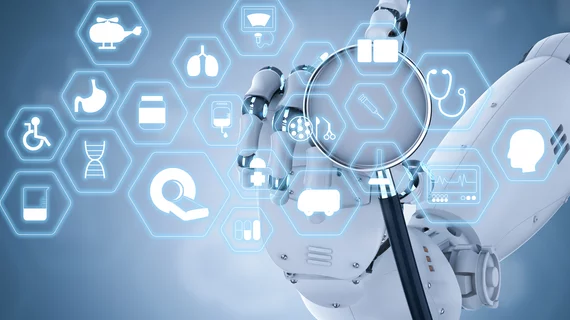From heart pumps to hospitals: FDA approves Abiomed’s plan to stream data, empower AI models
Abiomed has gained a key FDA approval that will allow the company to stream patient data from its Impella heart pumps to remote monitoring platforms installed at more than 200 hospitals. Once servers receive the data, AI algorithms could potentially provide physicians with predictions that directly influence patient care.
“AI networks, properly trained using large volumes of streaming data, can be powerful tools to aid in clinical decision-making,” Chuck Simonton, MD, Abiomed’s chief medical officer, said in a statement. “One day, using AI, physicians may be able to confidently predict a patient’s future hemodynamics. That would make clinical decision-making more efficient and improve patient outcomes.”
Abiomed has trained one AI model that can predict a patient’s next five minutes of arterial pressure based on assessments of the prior five minutes. Other algorithms still in development are being trained to predict stroke volume, left ventricular pressure and cardiac output. These models have not yet been approved for commercial use.
More information on Abiomed's strategy is available in this presentation.

